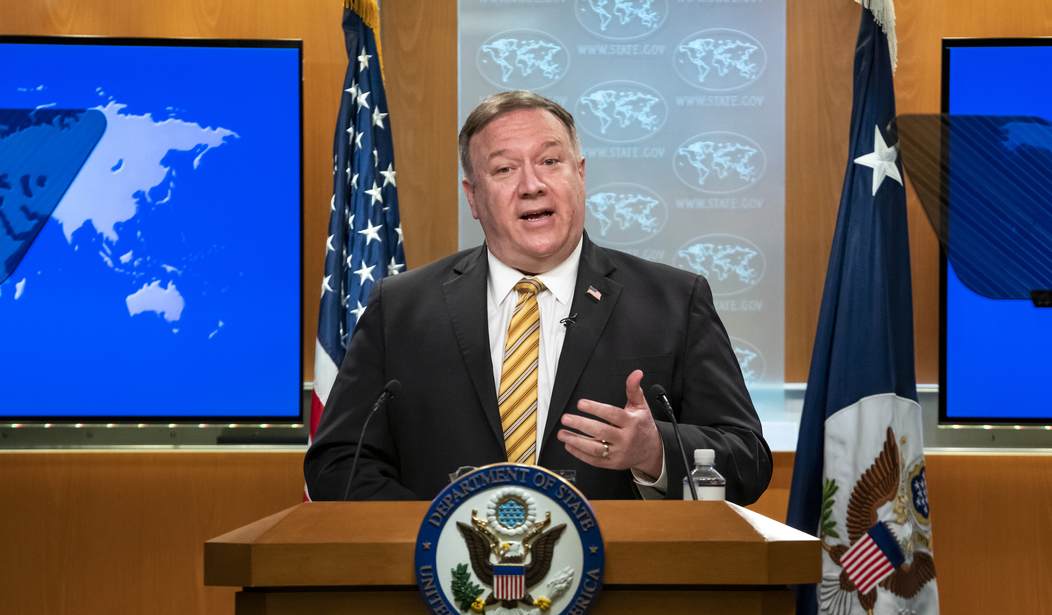The Republican Study Committee (RSC), in conjunction with former Secretary of State Mike Pompeo, announced on Wednesday that they will introduce the “Maximum Pressure Act.” The legislation would implement the “toughest sanctions” on Iran, ahead of the Biden administration’s plan to reenter the Iran Nuclear Deal.
The act seeks to regulate Iran’s nuclear capabilities, and would require a treaty ratified by the Senate for a new agreement.
“To deny Iran all paths to a nuclear weapon and intercontinental ballistic missiles capability, including by permanently, verifiably and irreversibly eliminating its capabilities related to enrichment,” the legislation reads in part. “To require that any new agreement with Iran should be submitted to the Senate for ratification as a treaty. To impose maximum economic pressure on Iran, and keep all sanctions in place on Iran, until the regime fulfills the following demands laid out by former Secretary of State Pompeo on May 21, 2018…”
The legislation mirrors the Trump administration’s Iran strategy, and Pompeo warned that reentering the Obama-era Iran Nuclear Deal would “come at a great cost.”
“America, our ally, Israel and the world are safer because President Trump’s Maximum Pressure policy and crushing sanctions denied the Iranians the resources they needed to support building a nuclear weapon or to support terrorism around the globe,” Pompeo said. “Rejoining the failed Iranian nuclear deal would come at great cost. I’m proud to support the legislation Congressman Banks is introducing to ensure we stick to our America First policy and never allow Iran to obtain a nuclear weapon."
Recommended
Proud to join @RepublicanStudy and @RepJimBanks to introduce the Maximum Pressure Act, outlining the toughest sanctions to Iran yet.
— Mike Pompeo (@mikepompeo) April 21, 2021
Maximum pressure yields results. Weakness begets war. pic.twitter.com/uVZmW38WDA
The legislation aims to compel Congress to create a long-term strategy on Iran, as opposed to the Biden administration simply reentering the deal unilaterally without congressional approval.

























Join the conversation as a VIP Member